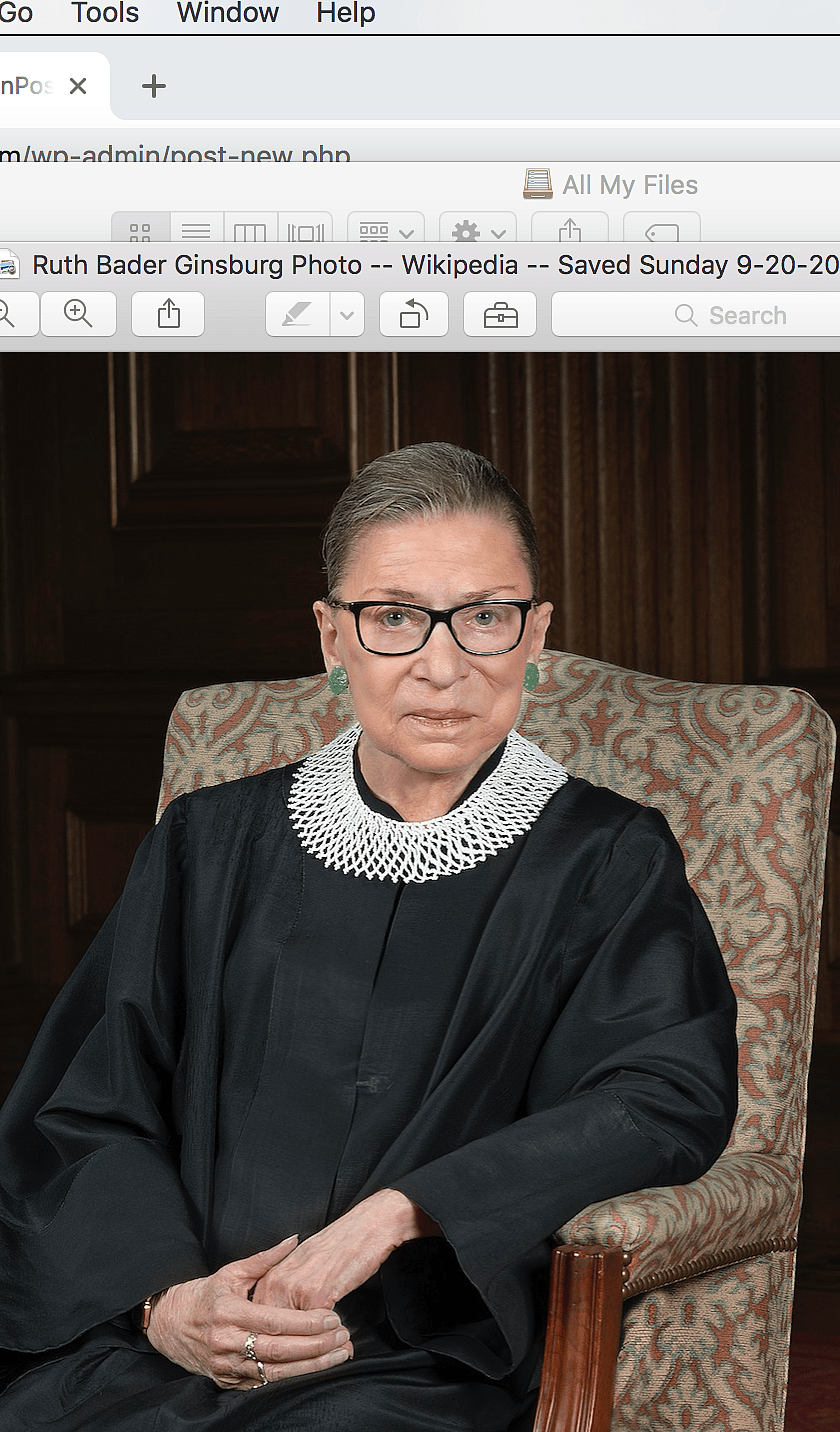Ruth Bader Ginsburg’s Past Abortion Comments Raise Questions About Her View of Eugenics

Supreme Court Justice Ruth Bader Ginsburg was a staunch defender of legal abortion, arguing that it's a woman's right. But did she also believe in eugenics?
Ginsburg, 87, died from pancreatic cancer complications on Friday, causing many on the left to worry about the power balance of the Supreme Court and the future of Roe v. Wade, which legalized abortion nationwide in 1973. About 61 million abortions have taken place in the United States since then.

